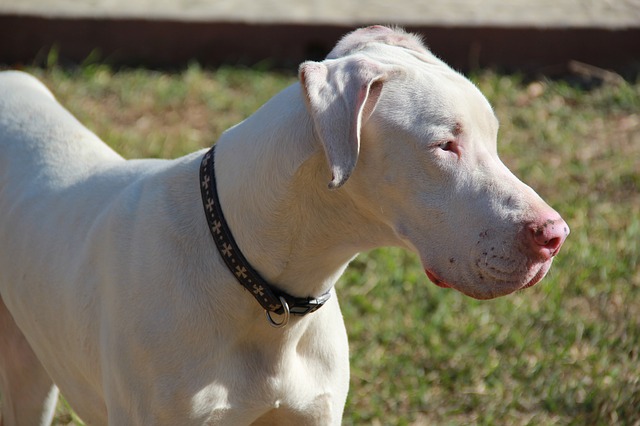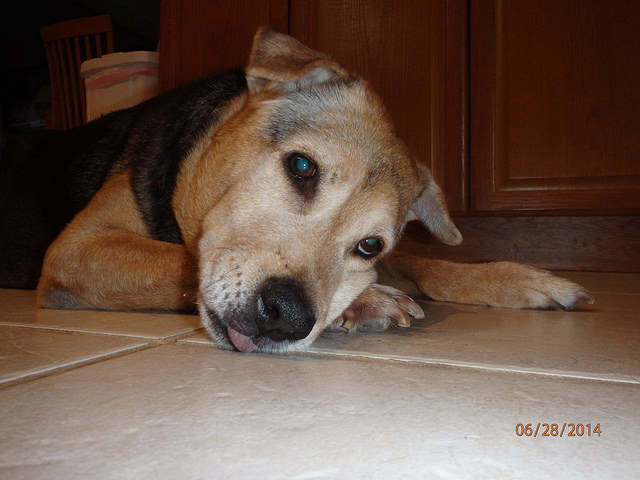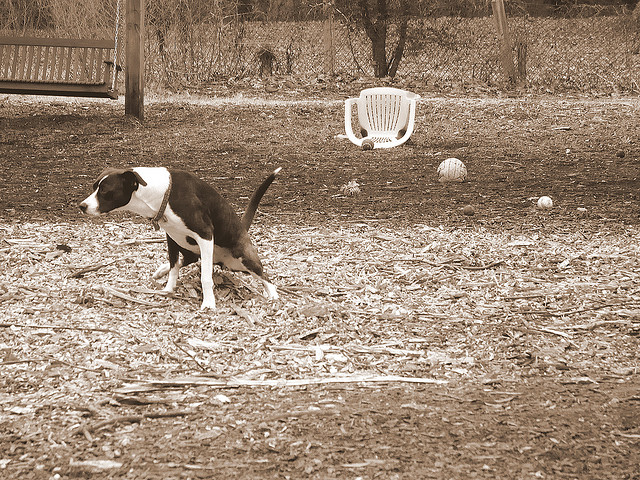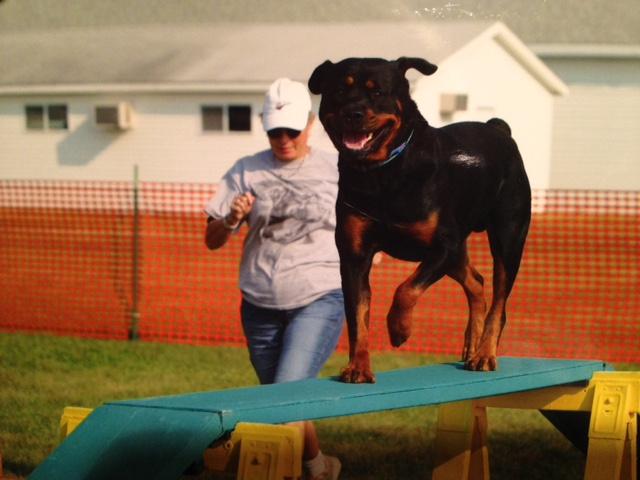If there was such a thing as a “six-letter word,” cancer would be it. It’s one of the most heartbreaking things a vet can tell a pet parent. But, it’s also a vague word. There are many types of cancer, some more scary than others. As a pet parent, you should know the most common types that your dog could develop.
Nationwide Pet Insurance sorted through its database and analyzed more than 67,000 pet-cancer related claims from the past year to determine the top 10 cancers in dogs.
#1 – Skin cancer or malignant skin neoplasia
Like humans, dog can get skin cancer from sun exposure, not that’s not the only cause. There are several types of skin cancer with malignant melanoma and squamous cell carcinoma being the most common in dogs (webmd.com). Average cost to treat per pet according to Nationwide: $1510.

#2 – Lymphosarcoma or lymphoma
Lymphoma accounts for 10-20% of all cancer in dogs. It’s a malignant cancer that involves the lymphoid system and is caused by a genetic mutation. The cells mutate and adapt as they overtake healthy cells, so they can become resistant to treatments (CanineLymphoma.com). Average cost to treat per pet according to Nationwide: $2,125.

#3 – Splenic (spleen) cancer
Cancer in the spleen is most often seen in older dogs and large breeds. It can be either benign or malignant (VCAHospitals.com). Average cost to treat per pet according to nationwide: $1,489.

#4 – Bone or joint cancer
The cause of bone cancer is unknown, but it seems to affect certain breeds more than others. Persistent lameness may be the only sign of bone cancer (bonecancerdogs.org). Average cost to treat per pet according to Nationwide: $1,777.

#5 – Hepatic (liver) cancer
Liver cancer can be both benign and malignant, but the most prevalent is the hepatocellular carcinoma, which is malignant. Unfortunately, its symptoms are commonplace (lethargy, loss of appetite, diarrhea/vomiting, etc.) and can be mistaken for something else. The biggest give away is the enlargement of the liver and abdominal hemorrhaging (petmd.com). Average cost to treat per pet according to Nationwide: $1,065.

#6 – Thoracic (chest) cancer
While most medical sites say thoracic cancer is rare in dogs, it makes the top 10 as far as claims go. It can be both invasive and non-invasive, with about 50% of dogs having the non-invasive type. (www.VSSO.org) Average cost to treat per pet according to Nationwide: $783.

#7 – Bladder cancer
There are multiple types of bladder cancer, with certain breeds (Shetland Sheepdogs, West Highland Terriers and Scottish Terriers being higher risk). Symptoms involve urination issues such as trouble going, painful and frequent urination (petMD.com). Average cost to treat per pet according to Nationwide: $1,802.

#8 – Brain or spinal cord cancer
Cancer in the brain can either originate there (primary) or have spread from somewhere else in the body (secondary). Dogs over five years of age are more likely to develop brain cancer and certain breeds are more at risk (petmd.com). Average cost to treat per pet according to Nationwide: $2,009

#9 – Anal gland (sac) cancer
Anal gland cancer is “rapidly growing, almost always malignant (spreading), and extends deep into surrounding tissues” (www.VCAHospitals.com) It is unknown why dogs get this type of cancer. A tumor will be visible by the dog’s anus. Average cost to treat per pet according to Nationwide: $1,953.

#10 – Oral cancer or malignant oral neoplasia
There are many types of neoplastic growths that can occur in dogs, both benign and malignant (TodaysVeterinaryPractice.NAVC.com). Of course, early detection is key and this can be down by routine checking of your dog’s mouth, and dental cleanings done by your vet. Average cost to treat per pet according to Nationwide: $2,117.

Advances in veterinary treatment and early detection, along with affordable financial solutions like pet insurance, have given pet lovers a number of options to fight back against cancer. Visit http://www.petinsurance.com/ to learn more about coverage.
 Toledo, United States.
Toledo, United States.